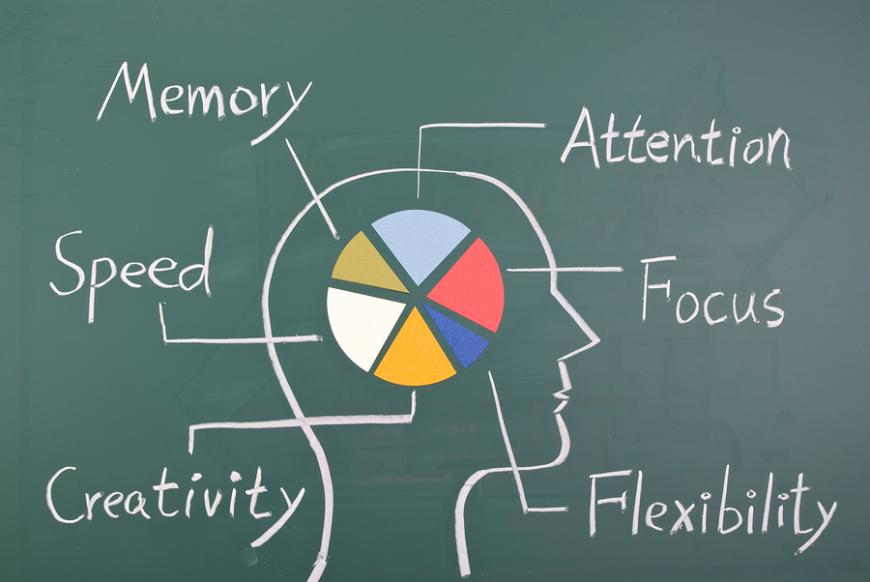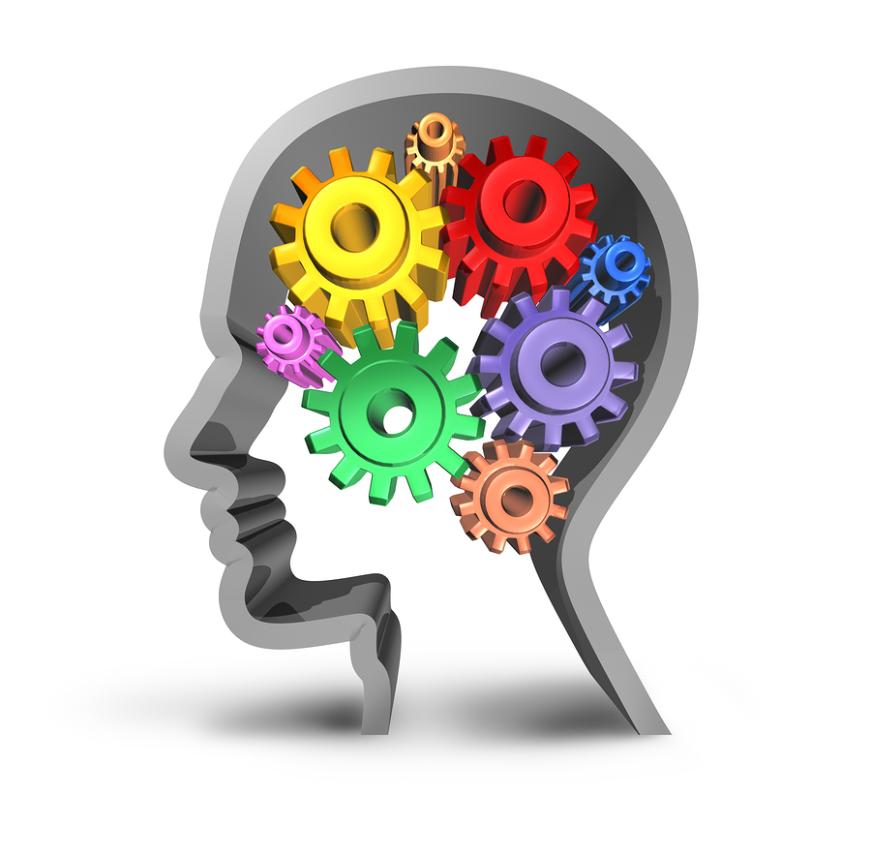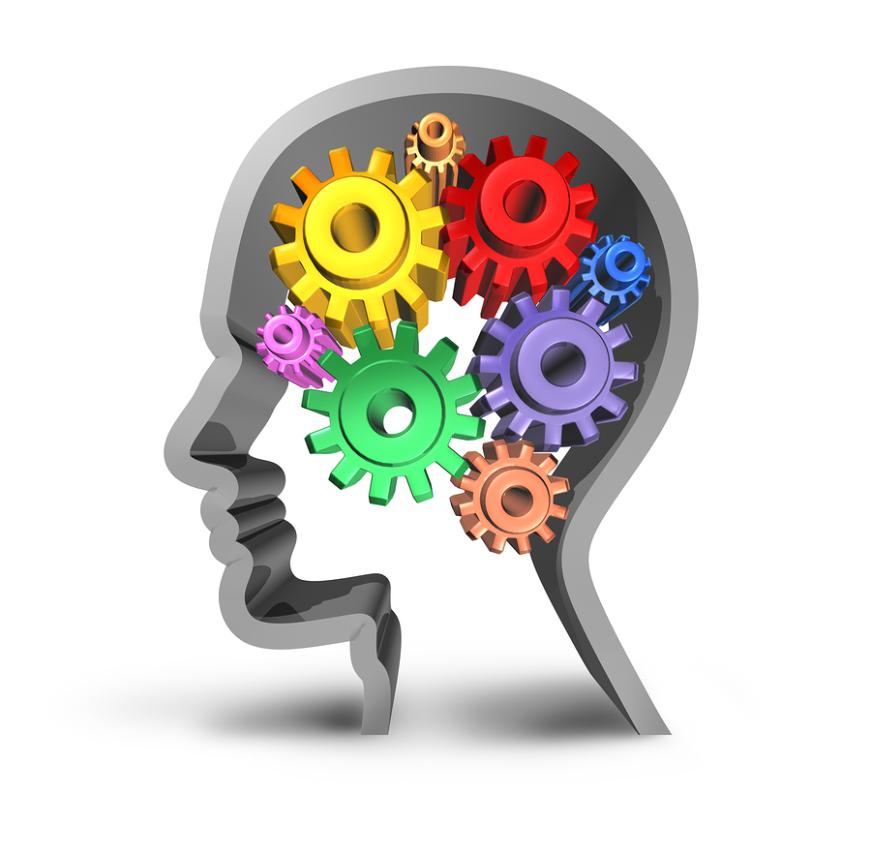Memory Formation and Retrieval: Exploring the Brain's Ability to Store and Access Information
Memory, the ability to store and retrieve information, is essential for learning, decision-making, and everyday functioning. This article delves into the intricate processes of memory formation and retrieval, examining how the brain encodes, stores, and accesses information.

Memory Formation
Encoding
Encoding is the process of converting information into a form that can be stored in memory. It involves three main stages:
- Sensory memory: Brief storage of sensory information, lasting only a few seconds.
- Short-term memory: Temporary storage of information for a few seconds or minutes, allowing for conscious processing.
- Long-term memory: Permanent storage of information for an indefinite period, enabling long-term retention and retrieval.
Consolidation
Consolidation is the process by which memories are stabilized and integrated into long-term memory. It involves:
- Hippocampus: A brain structure involved in the consolidation of declarative memories, which are memories of facts and events.
- Sleep: Plays a crucial role in consolidation, particularly for procedural memories, which are memories of skills and habits.
Types Of Long-Term Memory
Long-term memory can be divided into two main types:
- Explicit memory: Conscious recall of information, such as facts, events, and personal experiences.
- Implicit memory: Unconscious recall of information through skills and habits, such as riding a bike or playing a musical instrument.
Memory Retrieval
Recall

Recall is the conscious retrieval of information from memory. It involves:
- Cues: Stimuli that trigger the retrieval of a memory, such as a familiar scent or a song.
- Context-dependent memory: The influence of the context in which a memory was formed on its retrieval, making it more likely to be recalled in a similar context.
Recognition
Recognition is the identification of previously encountered information. It involves:
- Familiarity: The feeling of knowing something without being able to recall it specifically.
- Recollection: The conscious retrieval of specific details about a memory, allowing for a more complete and accurate recall.
Factors Affecting Retrieval

Several factors can influence the retrieval of memories:
- State-dependent memory: The influence of one's state of mind on memory retrieval, making it more likely to recall memories that match one's current mood or physiological state.
- Mood-congruent memory: The tendency to recall memories that match one's current mood, making it more likely to recall positive memories when feeling happy and negative memories when feeling sad.
Memory Impairments
Amnesia
Amnesia is the loss of memory, which can be caused by various factors:
- Retrograde amnesia: The loss of memories formed before a certain event, such as a head injury or a traumatic experience.
- Anterograde amnesia: The inability to form new memories after a certain event, often caused by damage to the hippocampus.
Alzheimer's Disease
Alzheimer's disease is a neurodegenerative disorder characterized by progressive memory loss and cognitive decline. It is the most common cause of dementia.
Traumatic Brain Injury
Traumatic brain injury can cause a range of cognitive impairments, including memory problems. The severity of the memory impairment depends on the location and extent of the brain injury.
Memory is a complex and fascinating process that enables us to learn, make decisions, and navigate our world. Understanding the mechanisms of memory formation and retrieval is crucial for addressing memory impairments and developing strategies to enhance memory function.
Ongoing research in the field of memory continues to shed light on the intricate workings of the brain and the factors that influence our ability to store and access information. This research holds promise for developing new treatments for memory disorders and improving our understanding of the human mind.
YesNo

Leave a Reply